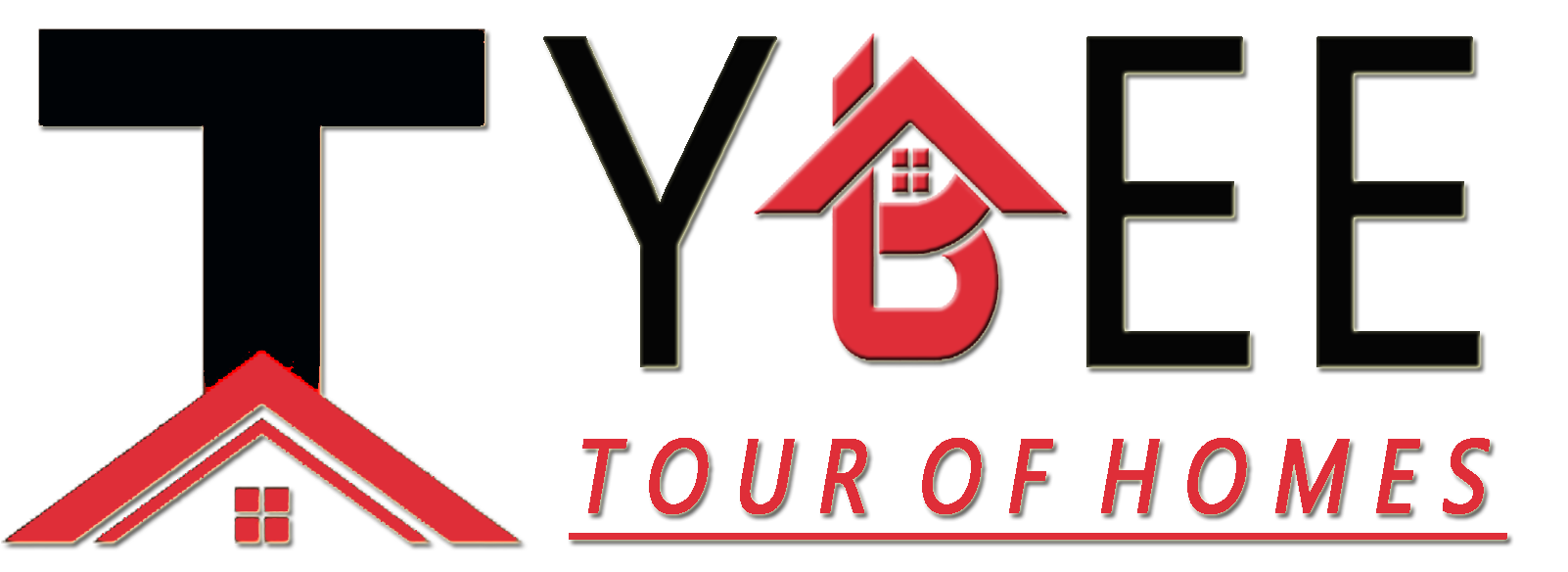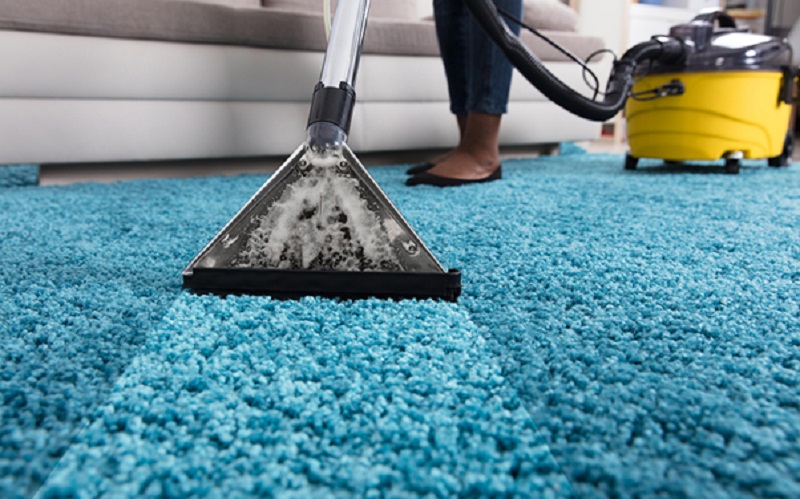Whether you’re living in a high-rise HDB flat or running a café in a shophouse, pests in Singapore don’t discriminate. One moment your kitchen is spotless, the next, you’re spotting a trail of ants by the sink. While many residents and businesses still see pest control as a reactive solution, today’s urban reality demands a preventive mindset. Treating pest control as a lifestyle decision rather than an emergency measure.
In this article, we explore the surprising cultural blind spots, the practices of successful prevention, and how residential pest control services and commercial pest control in Singapore are evolving to meet changing expectations.
Clean Homes, Silent Assumptions
In Singapore, there’s a deeply rooted belief that pests are the result of poor hygiene. Cleanliness is important, but it’s just one piece of the puzzle. For instance, ants and termites are drawn to wooden fixtures, wall gaps, and even leftover construction dust.
Meanwhile, cockroaches can enter through floor traps or hide in delivery boxes. For high-rise flats, pest movement between units via drainage or rubbish chutes is common, meaning one person’s spotless home can still be invaded due to neighbours’ poor practices.
This misplaced focus on visible hygiene also means residents might overlook structural entry points, condensation, or cluttered storage areas where pests thrive unnoticed. Pest activity is often hidden behind walls, beneath sinks, or inside false ceilings.
In commercial settings, the narrative is harsher. A pest sighting in a restaurant can trigger assumptions about incompetence, even if the infestation originated from external factors. Commercial pest control in Singapore requires businesses to break free from stigma and invest consistently in professional inspections, risk mapping, and hygiene audits.
What Smart Businesses Are Doing Differently
If you want a blueprint for effective pest control, look at Singapore’s hospitality industry. Hotels, food courts, and high-traffic restaurants have the most to lose from pest incidents, and many have adapted by going beyond standard routines.
The most proactive teams operate on consistent pest monitoring schedules, using technology such as sensor-based traps, real-time reporting apps, and environmental alerts to catch issues early. They’re adjusting inventory storage systems, redesigning refuse areas, and even setting rules for supplier hygiene protocols.
The same thinking is spreading to residential property managers, especially in newer condominiums. Rather than treating pests on a unit-by-unit basis, management committees are engaging residential pest control services that provide building-wide monitoring plans. This includes rooftop inspections for bird nesting, routine drain treatments, and communal awareness campaigns on pest prevention.
Another standout group? Educational institutions. From preschools to polytechnics, many have started collaborating with pest control professionals to also educate students and staff on what to look out for. This empowers communities to identify issues early and build shared responsibility.
What the Future of Pest Control Looks Like
The way Singapore handles pests is changing fast. A big shift is happening in how both residential pest control services and commercial pest control approach treatment. Instead of aggressive, all-out spraying, there’s a growing emphasis on Integrated Pest Management (IPM) that combines biological, physical, and chemical control with environmental management.
This approach is especially relevant to Singapore’s eco-conscious direction. As more families seek chemical-free living, and businesses aim for green certifications, demand is rising for pest solutions that are safe, targeted, and sustainable. Think gel baits over fogging, smart traps over poisons, and data-driven decisions over guesswork.
There’s also a push toward tech-enabled pest control. Some companies now use AI to track pest trends across multiple sites, allowing for predictive interventions rather than reactive clean-ups. Others are trialling remote monitoring devices that alert facility managers when activity is detected.
On the policy front, stricter regulations may soon require businesses to log all pest control activities and maintain documentation for inspections. Residential communities, too, may need to integrate pest control reporting into estate maintenance schedules, much like water testing or lift servicing.
The growing awareness that pest control must be part of everyday operations is likely to reshape contracts, job scopes, and resident expectations. Pest prevention will become part of the onboarding process for tenants, restaurant crew, and even domestic helpers.
In short, the pest control industry is moving from the sidelines into the spotlight. And those who adjust now will be better protected in the long run.
Don’t Wait for Trouble to Crawl In
Pest control is about understanding environments, habits, and risks. In Singapore, where dense living and constant urban activity create ideal conditions for pest movement, both residents and business owners need to stay ahead of the curve. The shift is clear: residential pest control is moving from a reactive service to a strategic necessity. So the next time you open your cabinets or flip the lights on in the storeroom, ask yourself: are you reacting to pests or preventing them?





